Parshat HaShavua
Parshat HaShavua From Rabbis at Hesder Yeshivot
We are pleased to announce a new initiative: Each week, we will translate and feature a d’var Torah from a different Rosh Yeshiva of a Dati L’umi Yeshivat Hesder in Israel. Our goal is – until we get there ourselves – to bring Torat Yisrael closer to America.
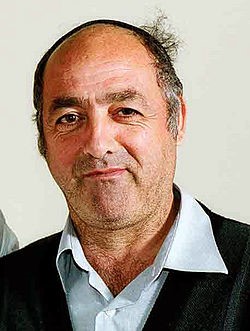
Parshat Matot-Massei: “From Dependence to Independence” by Rabbi Haim Sabato
In the previous parshiyot we can see that there is an emphasis on the transition of the nation from the desert to the Land of Israel. This transition is also seen in the change of style of leadership-from a complete dependence on Moshe to the elders of the tribes- and...
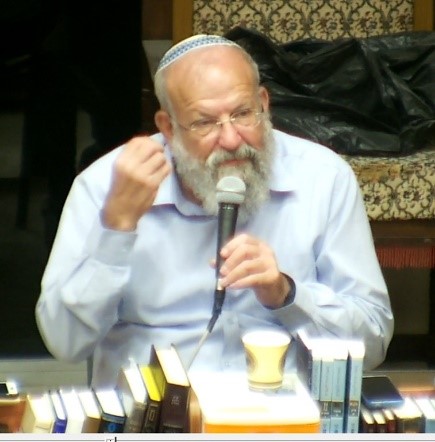
“Parshat Pinchas” by R. Yehoshua Shapira
Because he was zealous for his G-d Our Parsha opens with the wonderful blessings Pinchas received in the wake of his zealousness for G-d in the event with Zimri: “Behold I am giving him my covenant of peace and it will be for him and all his descendants after him, a...
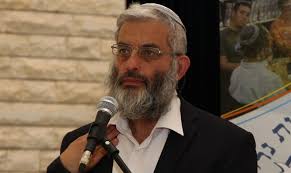
“Parshat Balak” by Rabbi Shlomo Rosenfeld
Surprisingly, it is from the wicked antagonist in the parasha of Balak – Bilam – that we learn an important rule about life. The Babylonian Talmud in Makot says: “Heaven directs a person on the path he wants to go. First, it says ‘Do not go with them,” and then ‘Rise...

“Parshat Shelach” by Rabbi Alan Haber
When describing the sin of the spies, the Torah uses a somewhat unusual term: “Vayotziu dibat ha’aretz” (Numbers 13:32). While this is usually translated as “they spoke evil about the land” or “they slandered the land,” the exact meaning of the word “diba” is...
Parshat Behaalotha: “Moses and the Menorah” By Rabbi Michael Aharonov
From the words of the sages about the Menorah we learn that this was one of Moses’s most difficult tasks, much harder than building the Tabernacle. The Midrash further tells us that Moses asked Hashem on Mt. Sinai to show him exactly how to fashion the Menorah but...
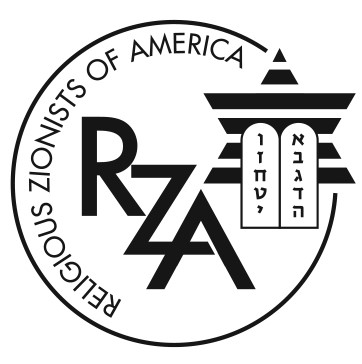
Parshat Behar-Bechukotai: “And the tree shall give it’s fruit” by Rabbi Itzik Amitai
“If you follow My statutes and observe My commandments and perform them, I will give your rains in their time, the Land will yield its produce, and the tree of the field will give forth its fruit.” Rashi explains that the trees of the field are barren trees that in...
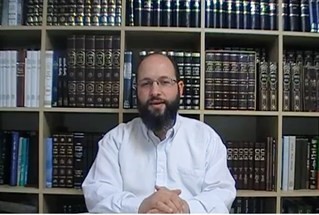
Parshat Behar-Bechukotai: “The Holiness of the Land of Israel” by Rabbi Elazar Aharonson
The past several parashiyot have dealt with the concept of kedushah, holiness. Parshat Kedoshim dealt with the holiness of man “You shall be holy, for I am holy” (קדושים תהיו כי קדוש אני), Parshat Emor also dealt with the sanctity of man, but mainly with the sanctity...

Parshat Achrei-Kedoshim: “The Holiness of a Society” by Rabbi Haim Sabato
The book of Vayikra is the book of Kedusha, Holiness. Generally when we speak of kedushah, we deal with two main subjects: Prohibited foods (מאכלות אסורים) and Prohibited Relations (עריות). However, the book of Vayikra also includes other categories of kedushah-the...

Parshat Tazria-Metzorah: “The Grace of G-d in Tzaarat” by Rav Ro’i Cohen
The Midrash Tanhuma in Parshat Tazria (13:9) writes: “‘When a man has on the skin of his flesh’ (Vayikra 13:2). The verse says ‘You are not a God who takes pleasure in wickedness; evil will not travel with You’ (Tehilim 5:5) . This teaches that G-d does not seek to...

Parshat Tzav: “Chizkiyahu’s Pesach” by Rav Ehud Zand
The Mishna in Perek Dalad of Psachim states about Chizkiyahu making Pesach in Iyar “lo hodu lo.” Why do the Sages apprehend Chizkiyahu for making a Korbon Pesach? Let us look at the details and the context of the event. Chizkiyahu’s father was Achaz, a king who closed...
